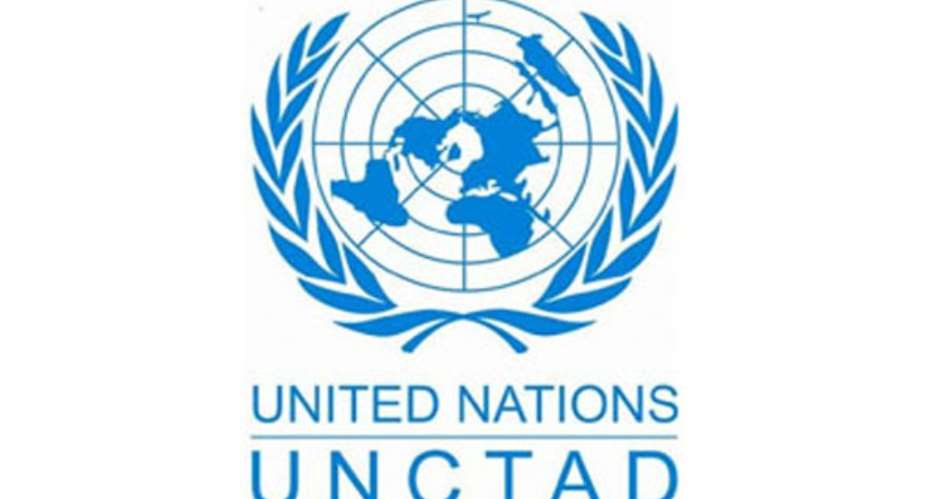Potential contribution of migration to Gross Domestic Product (GDP) per capita in Ghana and across Africa is estimated to increase to $3,249 by 2030, up from $2,008 in 2016.
The United Nations Conference on Trade and Development (UNCTAD) made this known in its Economic Development In Africa Report 2018 titled: “Migration for Structural Transformation.”
“Aggregate estimates of international migrant remittance flows show that cash remittances are greater than official development assistance and also more stable than foreign direct investment and are thus a critical and stable source of external finance for Africa,” according to the report.
The report, released on May 31, this year in Accra, stated that migration could boost productivity growth in agriculture, construction, mining and services.
“Yet there is a negative correlation between the share of labour in manufacturing and services and intra-sectoral productivity growth.”
The Economic Development in Africa Report 2018 attempts to put together key pieces of the puzzle of African migration and what migration means for the continent's structural transformation.
The report draws on existing knowledge on the theoretical and empirical underpinnings that link migration and structural transformation.
It investigates how African nations could capitalize on the economic potential of the continent's domestic and foreign human resources, both at home and abroad, to drive structural transformation.
“Africa is projected to have the largest population growth of any geographical region by 2050 which will have important consequences for international migration, and major implications for the continent's economic development.”
The report said about 53 percent of Africa's international migrants reside on the continent, adding that intra-Africa migration had increased from 12.5 million in 2000 to 19.4 million in 2017.
In Africa, it says 78.5 percent of all international migrants were born on the continent, noting that Africa recorded an increase in the stock of immigrants, including immigrants from outside and within the continent from 12.4 million in 2000 to 19.3 million in 2017.
Only 12 out of 54 countries in Africa experienced a decline in the stock of immigrants between 2000 and 2017, according to the report, revealing that South Africa and Libya have the highest stock of immigrants in Africa.
Africa's urbanization rate, according to the report, is projected to rise from 40 percent in 2015 to 56 percent by 2050.
Minister of Interior, Ambrose Derry, in a statement read on his behalf at the event, said Ghana was committed to free movement of people.
By Melvin Tarlue





 Chairman Kingsley Owusu Brobbey calls for Privatization of Electricity
Chairman Kingsley Owusu Brobbey calls for Privatization of Electricity
 Train accident: Four more grabbed and remanded
Train accident: Four more grabbed and remanded
 Gov't to consolidate cash waterfall revenue collection accounts
Gov't to consolidate cash waterfall revenue collection accounts
 Gov't to settle lump sum for retired teachers by April 27
Gov't to settle lump sum for retired teachers by April 27
 Former PPA CEO granted GH₵4million bail
Former PPA CEO granted GH₵4million bail
 Dumsor: The darkness has exposed you; you’ll go down as the worst in Ghana’s his...
Dumsor: The darkness has exposed you; you’ll go down as the worst in Ghana’s his...
 Dumsor: The ‘incompetent’ person provided a timetable whiles those who came to s...
Dumsor: The ‘incompetent’ person provided a timetable whiles those who came to s...
 Defend, ensure NPP’s good works are ‘sold’ and highlight the ‘bad’ state of the ...
Defend, ensure NPP’s good works are ‘sold’ and highlight the ‘bad’ state of the ...
 Bawumia will rank high ahead of Mahama in any anti-corruption test — Salam Musta...
Bawumia will rank high ahead of Mahama in any anti-corruption test — Salam Musta...
 NPP trying to bribe us but we‘ll not trade our integrity on the altar of corrupt...
NPP trying to bribe us but we‘ll not trade our integrity on the altar of corrupt...
